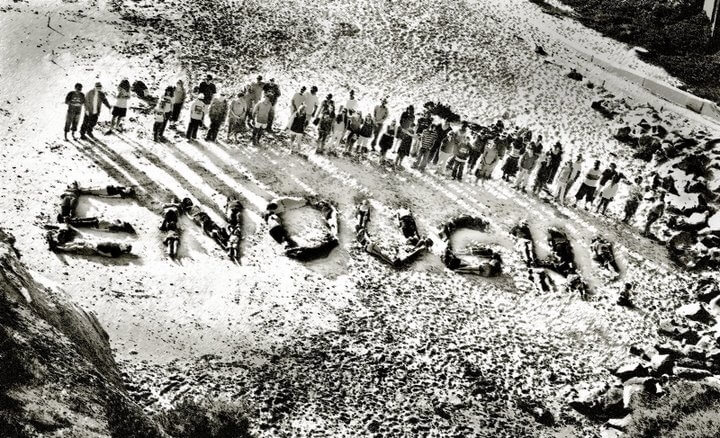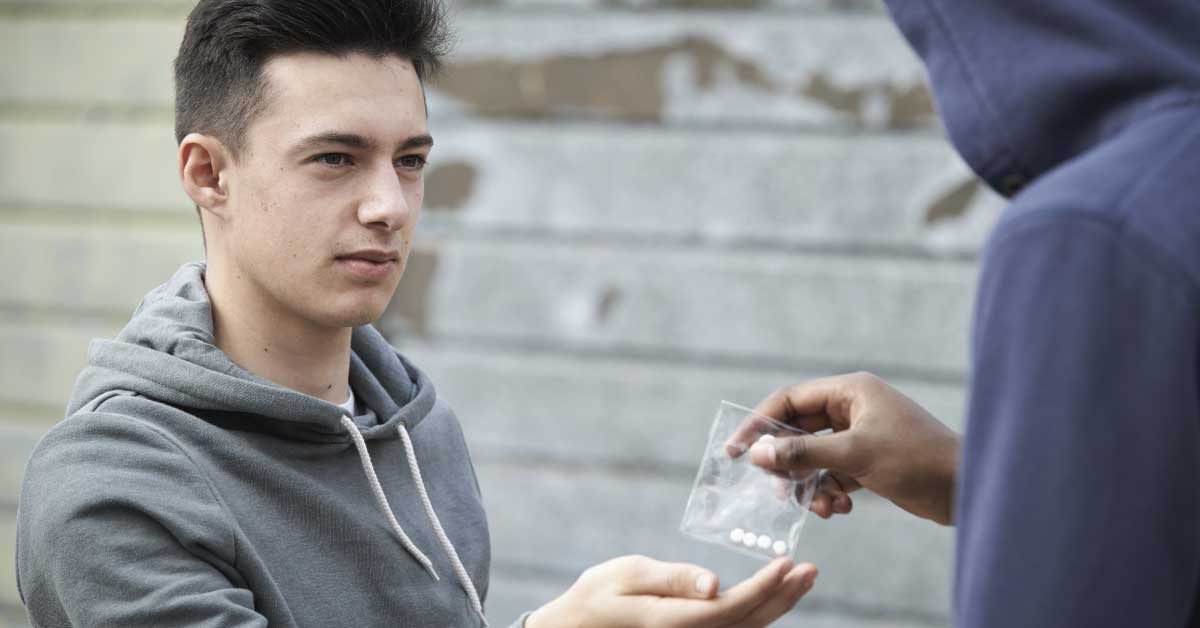For many young adults, drug and alcohol use is a means of relating to peers. Popular media’s portrayal of drug abuse as a normal component of the adolescent experience can often encourage the development of dangerous behaviors. Social media, pop culture and peer pressure all work together to create a unique set of situations, triggers and challenges that can lead young adults astray. While drug addiction manifests differently for individuals, based on a number of factors, including biology, environment and social variables, there are a number of similarities in how addiction affects an individual mentally, physically and emotionally.
Many symptoms of drug abuse can exist independently of one another, but the presence of multiple signs often indicates prolonged abuse and the potential for more dangerous consequences to begin to emerge. It is important to be able to identify the signs of drug abuse. Some symptoms are often justified as typical changes associated with adolescence.
Drug abuse can affect physical appearance, behavior and academic performance. As young adults are undergoing developmental changes while simultaneously preparing for an independent lifestyle, the pressures to be successful can make drugs and alcohol seem like an easy way to escape. Rather than relieving pressure, drugs and alcohol worsen an individual’s physical and mental condition, and can often create a vicious cycle of dependency and attempted self-medication.
Young adults who abuse drugs and alcohol will often exhibit a deteriorated physical appearance that includes poor hygiene or sudden, unexplained weight loss and physical symptoms of abuse including, but not limited to, cuts, bruises, sores, nosebleeds and red eyes.
Their behavior will often drastically change and may cause individuals to act out in ways that are out of character. This may be through erratic actions that result in risky behavior, showcasing questionable judgment. It could also manifest in characteristics associated with depression and anxiety. Often, these extreme changes in behavior are determined by the type of substance abused. If a mental health disorder is present, drug abuse can exacerbate symptoms of both the addiction and the preexisting condition, often resulting in more extreme presentations of abuse.
While not all signs and symptoms associated with drug and alcohol abuse are indicative of a developing problem, it is critical to be aware of changes that may indicate a loved one is struggling with addiction. The presence of multiple, relevant symptoms may indicate an increased likelihood of drug or alcohol abuse.
The sooner signs of addiction are identified and addressed; the more likely an individual is to overcome the adverse effects of drug abuse.











0 Comments